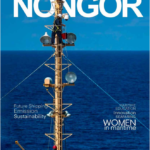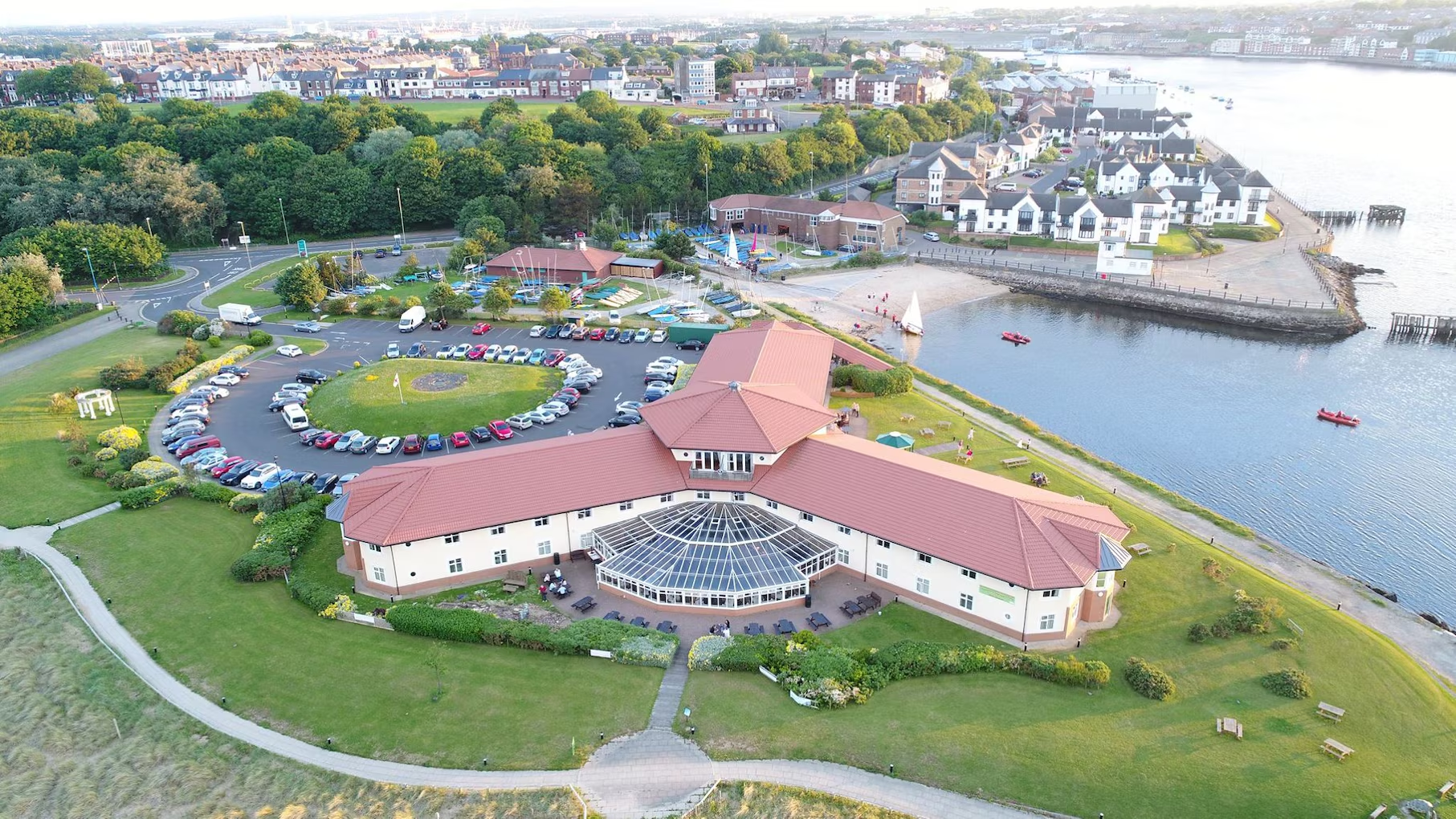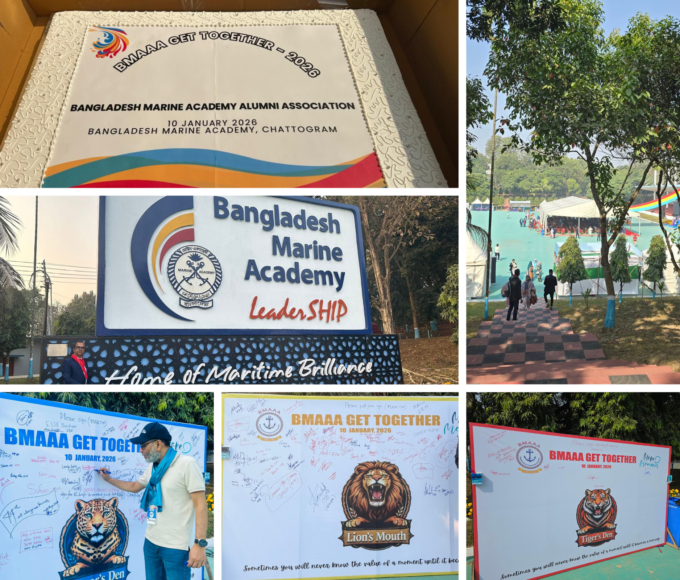PREFACE:
- Brief summary on current professional Ship Management market trend, future growth and challenges.
- Trend analysis of failures, mindset, achievement of Bangladesh private ship owning for long term sustainment.
- Bangladesh -the opportunity and potential of building professional ship management team to support ship Owning and related industry to sustain their steady and long term growth and achieve global market competitiveness.
- The article highlights only Private ship owning sector in Bangladesh.
HISTORY OF GLOBAL SHIPMANAGEMENT TEAM
Started in the eighties when there was a profound change in the market as many shipping companies became bankrupt and mortgagor banks had to turn to ship managers for help. It continued in the nineties with a new type of investor in shipping with little knowledge of ships and more recently with the implementation of the ISM / ISPS/MLC, an over regulated industry.
Shipping is a very volatile and complex market, while business cycles and speculative investments compound the industry’s volatility and complexity. A vessel owner’s goal is to improve overall performance, maximize profits and minimize costs at an acceptable level of risk. Developing and implementing effective investment and vessel employment strategies, adapting to technological advances, complying with policy and legislative changes. As market competition increases, factors such as the flexibility to react and the correct market timing become increasingly important. A robust ship management team and strategy is required to accomplish these complicated task. It requires detailed and continuous market analysis, collective experience to detect market trends and developments early on, and to incorporate them timely in the appropriate strategic decision- making.
COMPETETIVE ADVANTAGE OF THE OWNERS TO STAY WITH BRAND SHIPMANAGEMENT TEAM:
- A comprehensive service to meet complex requirements of the ship-Owner.
- To limit the liabilities through third party management
- Difficult and expensive to keep a top functioning fully integrated team of employees.
- Market requirements (Vetting, chartering, vessel employment etc.
THE GLOBAL SHIPMANAGEMENT MARKET AND SERVICES PROVIDED:
o Technical management
o Crewing
o Quality and Safety management.
o The other services offered – chartering /operation management, new building supervision, sale and purchase inspection, ship inspection, survey, audit, incident investigation.
More than 1500 ship Management companies are in Global Market. The market size is 3-5 billion US dollars (fee and revenue) to the ship managers per year.
Three types of ship management team currently operating in global market.
o Integrated in a large Owner operator like MSC, Maersk, NYK.
o Managing Own vessels, in house management team for small entities.
o Dedicated third party ship Management team as a brand name, Vships, Bernhard Schulte,Anglo eastern, Wallem etc. This type of ship management team carries significant tonnage.
WHAT ARE THE LIABILITIES OF SHIP MANAGER?
Limited liability – Under SHIPMAN 98, the manager is the agent of the owner and therefore his position is in principle protected by the owner. Under SHIPMAN 98, the liability of the Manager is limited unless he has acted with intent to cause the loss. The manager is not liable unless the loss is caused by his or his agent’s negligence. Even if the loss is caused by his or his agent’s negligence, he is able to limit his liability to ten times the annual management fee. The clause also includes a Himalaya provision granting the manager’s employees the same contractual protection from liability as provided to the manager. SHIPMAN 98 provides for the manager to get full insurance cover as a co-assured under the owner’s insurance policies.
WHAT ARE THE CHALLENGES OF SHIPMANAGEMENT TEAM?
• Global competition
• Cost pressure due to market situation.
• Acute competent crew shortage.
• Shortage of competent shore staffs.
• Overregulated industry and compliance requirement.
OPPORTUNITY BANGLADESH.
A TREND ANALAYSIS OF FAILURES FOR LONGTIME SUSTAINMENT IN INDUSTRY BANGLADESH SHIPOWNING SINCE INDEPENDENCE.
Proverb says, family Owned entity last three generation. Our family Owned shipping business even didn’t last more than one third (10-12 years) of an active generation.
What are the reasons???
Since independence, two types of private ship owning controlled Bangladesh shipping industry. Few dedicated ship Owning established in early and late 70s like Bengal Liner ( Bengal Pride , Bengal tower etc) Aquatic shipping ( MV Sezan, MV Tehsin etc), Atlas shipping line ( Al salma, Al Sawmruz, Al Sana,MV Safar etc). Bengal shipping line ( Al Tafsir, Al Rahman, Al Tabith, Al Reza, Al Sabrina etc). They have to work in new born nation with lack of infrastructure, banking facility and lack of competent workforce. Still they will be considered pioneer in history who give the new nation a taste of global commercial shipping.
80’S were the difficult time for ship Owners in south east Asia due to BCC bank collapse. But ironically, Bangladesh ship-owners survived well. The reason was less bank dependency, diehard commercial workforce at low costs. Bangladesh private commercial banking sector was in a baby stage and were not aware of investment in shipping. Vessels were mostly engaged in imports which was directly connected to Bangladesh and Asia. Our scale of economy was so negligible that international wave of recession hardly affected us.
In mid 80s, till early 90s, some of our very brave Mariners came into the industry as ship Owner. I salute them. Perhaps they are first and last generation who represents seafarer as Ship Owner in Bangladesh ship owning history. They had no money, neither had they got any assistance from bank or public sector. Need to mention here that there was a window created at that time with fast growing demand of vessels in an under regulated industry. We saw the growth of a lot of ship Owners from ship chandlers/ bunker suppliers to ship owner in Fareast. Some of them become giants today. But our poor brave solders have been vanished from market or surviving on wheel chairs.
90’s till 2008 – the golden era of container shipping. Some smart business giants from earlier shipping background entered in ship owning (QC and HRC). They had cash, banks, political muscle power, everything. Very soon they got the taste of success and became hungry for quick cash without building the core competency and team management. Neither government, nor private entities tried to build infrastructure, port facilities. No vision, no long term planning. An example – four gantry cranes were installed in Chittagong MPP terminal at end of 2006 which was required 10 years back. The costs for this terminal modernization are pinots for private and public sectors. All the parties (Public and private sector) tried to stop the port modernizations for their respective financial and political gains.
The recession cycle appeared as usually in 2008. There was a clear advance indication of collapse. A 1700 tues vessel per day hire raised from USD 5000/ day to USD 17000/ day over three years. This was indeed unusual. But our Bangladesh ship Owners and entire expertise were still sleeping and wake up in one fine day and found all vessels were lay- up near beautiful islands.
There were some small range bulk carriers and general cargo owner had always survived in the market with the help of Bangladesh corrupted public banking sectors and through the pinhole of substandard shipping practice in a limited trading zone (Myanmar, Pakistan, India, Indonesia etc). Neither had they contributed to economy, nor the shipping industry. Bangladesh flag often considered as” flag of convenience” due to their contribution.
Looking forward in 2014, our current fleet (private) size is now approx. 65-67. This is considered a good number compare our economy of scale. Some cash rich market players are there. Shipping industry earns million and losses million too. So we need cash rich Owners. We welcome them in industry. But on the other flip side, we need to keep in mind that they came into the industry with their different requirement and risk assessment. Shipping is not their core business. They have own cargo, own ship breaking industry and vessels are very old. So when rainy days will come, they are capable enough to send their vessels with entire shipping industry to the graveyard overnight and wash their hand in Sitakunda, Chittagong.
Therefore I am not very optimistic ( apology) with the current fleet size, neither I believe that we have built a competitive position in terms of ship management practice in Bangladesh yet.
Shipping is a global platform. Like other industry, by large, we can’t blame country’s political instability, infrastructure, corruption etc. Let’s not talk about that, live with it and move forward and hope that someday, some miracle will happen and we will get our dream good governance. An example is our recent growth in new building. This is completely a private sector’s achievement against all the difficulties.
So we can build professional ship management team. We have to start this process now. An in house management team is a short term development in local market. Without global expertise, experience, exposure, the sustainment in competitive global market is impossible.
WHAT WE NEED TO BUILD A COMETETIVE SHIPMANAGEMENT TEAM?
A fast internet service and a pool of sea and shore base expertise. That’s all. The location is imperative now.
INTERNET ACCESS NETWORKING:
In 2005, Bangladesh was connected with the first submarine cable. By the first quarter of 2016, second cable will be connected with an additional bandwidth of 1400 Gbps. Current bandwidth is around 200 gbps average download speed 270 kbps (33kb/s) which is not very far from our neighboring country India( 393 kbps). Although most of the ship management giants are already working in India. Fibre optic network up to client’s door, signal boosting etc only factor of time now.
SEA STAFF:
In current market, Bangladesh seafarer is recommended in second place after Indians despite our restricted green passport access worldwide. From very beginning, our intake volume and influx was too low. Here we did lack a vision. In 80’s, when we were restricting our manpower to spread over in global shipping industry with the question of standard, the Filipino flooded the global market without any recognition. Nobody asking any question now about Filipino crew capability, competency due to their volume. All the giants are heading towards Manila. Very soon Manila will direct entire crewing industry. Due to our conservativeness and bureaucracy, we lost the chance.
SHORE BASE EXPERTISE:
Looking at just Singapore maritime hub, at least Bangladesh Supdts /Managers are working and managing over five hundred ships efficiently. Around ten times of our current fleet in Bangladesh. If we get the right place to work and financial security in Bangladesh, I strongly believe, including me, fifty percent of us will back to origin without second thought.
So we have seafarers, we have shore base expertise with global mindset. We have world recognized training institution for officers and crew. We have second largest ship breaking industry. We have a growing ship building industry. And we are cheap, our location is cheap.
So all that we need – to integrate all these factors and built our ship management team.
A shipping industry is not all about building seafarer and shore base management. So far last couple of decades, we had built only frontline soldiers. There are other core groups like Underwriters, Maritime lawyer, chartering broker, salvage operator, naval architect, designers financial institutions, arbitrator, offshore activities, logistics, chain management etc. To build this workforce, we need a Maritime University. Although it is very late, current initiative for Maritime University is appreciated.
Nevertheless, this is a mystery why we didn’t start this faculties in local recognized private and public universities earlier. To teach maritime law, chartering brokering, port operations, logistic management etc in under graduate and post graduate level, all that we need a class room in a university with recognition and expertise lecturers to teach. If local expertise not available, we can hire.
Let’s look forward … it is never late to start……..
“Everything has been said, and we have come too late, now that men have been living and thinking for seven thousand years and more’ – Jean de La Bruyère
——————————–

[Monzurul Mannan (24C): Joined Sea in 1990. Sailed in different local and foreign shipping companies. Joined HRC shipping, Bangladesh as technical superintendent in 2004. Completed Masters in Maritime science from Nanyang technological University in 2012. Currently working as senior technical superintendent in Bernhard Schulte ship Management since 2008. Living in Singapore since 2005 with wife and two children]







 PDF Version [Published at SMC Magazine “নোঙর” May 2014]
PDF Version [Published at SMC Magazine “নোঙর” May 2014]








Leave a comment